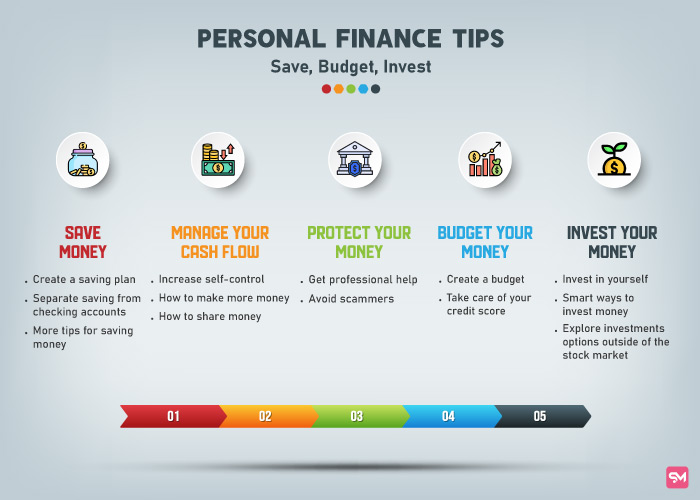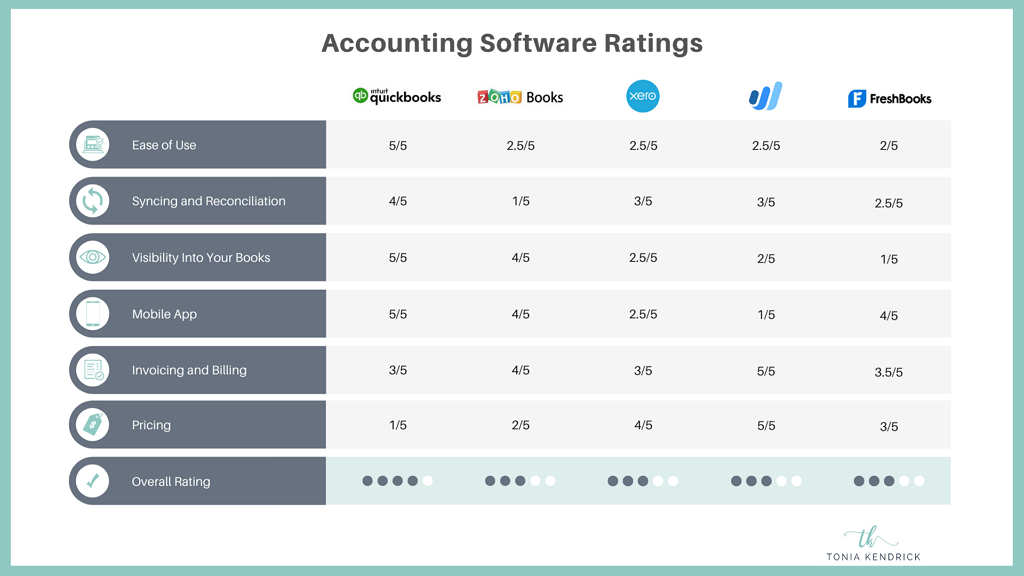10 Tips to Maximize Your Savings and Strengthen Your Personal Finances
Are you looking for ways to take control of your personal finances and save more money? Building a strong financial foundation is essential for long-term success, and we’re here with 10 crucial tips to help you maximize your savings and create a more secure financial future.
1. Create a budget and stick to it
Creating a budget is the cornerstone of smart financial management. Break down your monthly income and expenses to see where you stand. Allocate money for necessary expenses like rent, utilities, and groceries. Don’t forget to save for emergency funds, retirement, and planned purchases. By tracking your spending, you can identify areas where you can cut back and save more.
2. Reduce your expenses
It’s essential to keep your expenses in check to maximize your savings. Cut back on discretionary spending – things like eating out, entertainment, and impulse purchases. Consider cheaper alternatives to high-cost items or find ways to reduce monthly bills like cable and cell phone plans. Every small change can add up to big savings.
3. Increase your income
Increasing your income will also boost your savings. Explore ways to earn money from side hustles and freelance projects, or seek a promotion or raise at your current job. More income will allow you to save more and reach your financial goals faster.
4. Save on a consistent basis
Consistency is key when it comes to saving. Set up automatic transfers to your savings account every month or every paycheck. This will ensure that saving is a priority, and you’ll be less likely to put off saving when it happens automatically.
5. Build an emergency fund
An emergency fund is crucial for financial stability. Aim for three to six months’ worth of living expenses in a separate savings account. This money will act as a cushion against unexpected expenses, like job loss or medical bills, preventing you from dipping into your long-term savings or relying on credit cards.
6. Pay off high-interest debt
High-interest debt, such as credit cards and personal loans, can hinder your ability to save. Make a plan to pay off this debt as soon as possible by focusing on the highest interest rates first. Reducing or eliminating these debts will free up more money to save and invest.
7. Take advantage of employer-sponsored retirement plans
If your employer offers a retirement plan, such as a 401(k) or 403(b), take advantage of it. Contribute as much as you can, especially if your employer matches contributions. This is essentially “free money” that will grow your retirement nest egg without any additional effort from you.
8. Invest in your future
Once you’re able to save more, consider investing in diversified, low-cost index funds, and ETFs. These investment vehicles can help your money grow over time and help you reach long-term financial goals such as retirement or saving for a home. Always research your investment options and consult with a financial advisor if necessary.
9. Keep an eye on your credit score
A good credit score is essential for obtaining favorable interest rates on loans and credit cards. Make sure to pay bills on time, keep your credit utilization low, and monitor your credit report for errors. Improving your credit score will save you money in the long run by reducing your borrowing costs.
10. Continually educate yourself about personal finance
Staying informed about personal finance and investment strategies will help you make smarter financial decisions. Read books, articles, and blogs, listen to podcasts, or attend workshops and seminars to expand your knowledge. Being financially savvy will position you for better control of your financial future.
By adopting these 10 tips, you’ll be well on your way to maximizing your savings and strengthening your personal finances. Remember that financial success takes time, discipline, and patience – stay committed to your plan and watch your savings grow over time.











